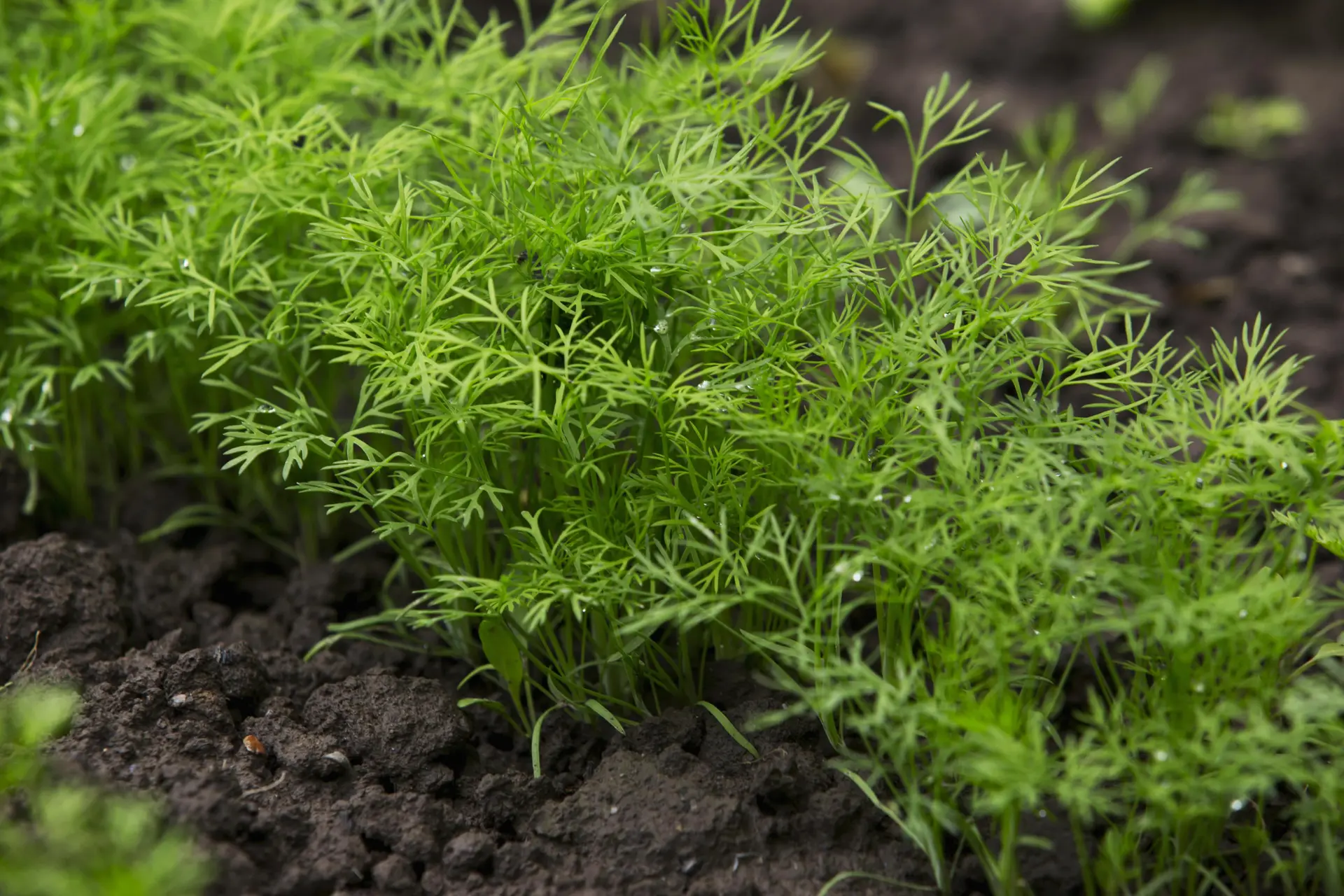Plants must have light, moisture and nutrients to grow. The sun provides light. Moisture comes from rainfall or irrigation. Nutrients come from fertilizers, compost or manure.
Unlike an outdoor garden, where nature provides rain and plants can send new roots searching for food, the nutrients available to a houseplant are strictly limited by the amount of soil in the pot and what you provide for supplemental feeding.
Think of fertilizer as the second half of your potting soil. When potting soil is fresh, your plants won't need much, if any, fertilizer. This is especially true of modern, fortified potting soils, which often have fertilizer and other enhancements mixed in. After about two months, though, the plant will have consumed the nutrients in the soil, so you'll have to fertilize if you want continued, healthy growth.
Plants make their own food using light in a process called photosynthesis. Fertilizer is more like a vitamin you would take every so often to boost your health (it’s essentially a mixture of minerals). Minerals from soil are released every time you water so your plant can absorb all that goodness. Excess minerals from fertilizer will not be used by your plant and can even damage it.
If plants are not growing well, fertilizing them will help only if a lack of nutrients is the cause of the problem. Plants grown in poorly drained soils, in excessive shade, or in competition with tree roots will not respond to fertilizer.
Fertilizer types
Fertilizers are either organic or inorganic. Examples of organic fertilizers include manure (poultry, cow or horse), bone meal, cottonseed, or other naturally occurring materials. Inorganic fertilizers are man made products. They usually have a higher nutrient content.
Plants require specific nutrients from the soil. The issue is when you plant each year, the plants will draw those nutrients out of the soil, and they don’t magically restock themselves.
Therefore, it is important to fertilize your plants, to ensure they are getting the nutrients previous plants could have already taken from your soil.
Also, it is important to fertilize plants while rebuilding your soil. It will allow the plants to be able to naturally pull what they need from the soil without any additives.
The nutrients plants need. Nitrogen
Nitrogen is naturally in short-supply within nature. All plants need it, and over the years, plants have learned to pull as much as they possibly can out of the soil to ensure they have enough to survive.
However, when looking at how vital nitrogen is, you’ll understand why. It helps plants to make protein which helps them create new tissues and keep building and is vital to their survival.
Phosphorous
This nutrient is essential to plants because it is what they need to produce reliable root systems. Phosphorous is what encourages their roots to grow.
Also, it helps plants to produce buds, blooms, and flowers to produce fruit. It also helps the plant to create healthy seeds for more offspring.
Potassium
We’ve heard carbohydrates are bad. For plants, they are not. Plants need carbohydrates to feed themselves. Well, potassium enables them to make carbohydrates. It also helps the plant to become disease-resistant, which encourages a healthy life.
Calcium
Plants don’t need much calcium added to the soil, but you will need to make sure there is enough of it in there. The reason is calcium is what helps bind the soil together. Calcium will improve soil conditions and give the plant an easier chance of survival.
Magnesium
If you’ve made it through any science class, you’ve heard of photosynthesis. It is the process plants use to produce their food. The source of the food is the sun. Plants need magnesium to process sunlight to feed themselves. Without it, they won’t survive.





